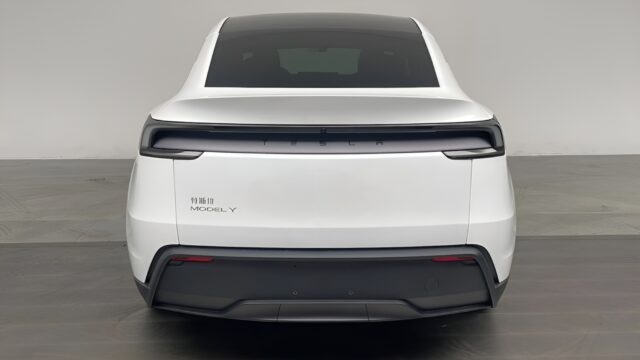Volkswagen has decided to end European production of the Polo model, which has a 40-year successful history. European production of the Polo has been carried out at the Pamplona plant in Spain since 1984. After the production at this plant is terminated, the production of the Polo will be completely moved to the Kariega plant in South Africa. So, why did Volkswagen take such a decision? Here are the details…
Volkswagen has ended Polo production in Europe: Smaller and affordable electric vehicles to take its place
The Pamplona plant in Spain will now focus on the production of small and affordable electric vehicles. Volkswagen said that although sales of the Polo in Europe have fallen in recent years, it is still an important model. The Polo was also a very popular model in Turkey.

In the first eight months of 2023, the Polo sold more than 90,000 units, ranking 8th among Europe’s best-selling cars. Despite all the success of the Polo in Europe, Volkswagen stated that it will focus on developing smaller and affordable models during the transition to electric vehicles.
Two new small electric SUVs will now be produced at the Pamplona plant, the Volkswagen ID.2 and a Skoda-branded model, starting in 2026. These vehicles will be smaller than the Polo and are planned to be more affordable. Volkswagen even finalized the design of the ID.2 this year and plans to introduce the vehicle at the end of 2024.
With the end of Polo production, Volkswagen has left a deep mark on the automobile world with 8.4 million Polos produced in Pamplona since 1984. Nevertheless, it is said that these decisions in the electric vehicle market will play an important role in Volkswagen’s future strategy.
What do you think? You can write your opinions in the comments section below.














